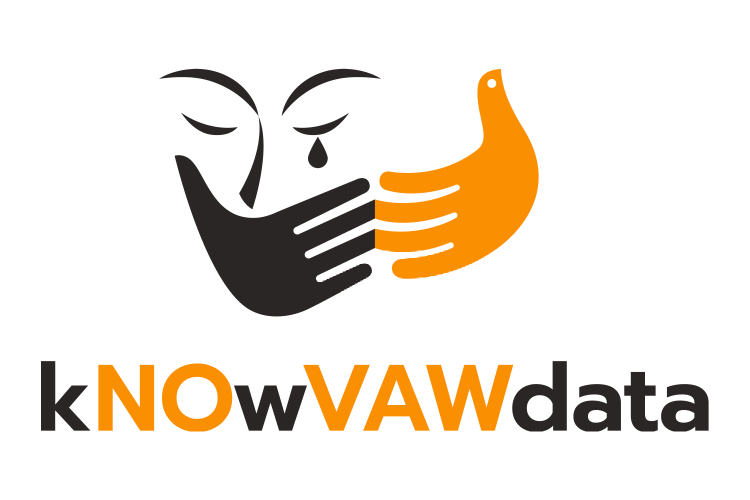Knowledge Hub

The Knowledge Hub provides links to resources supporting the measurement of violence against women and has been funded under the Pacific Spotlight Initiative. While starting with a primary focus on Pacific resources and global resources which are applicable for the Pacific region, the Knowledge Hub will continue under the UNFPA kNOwVAWdata initiative to support global knowledge exchange and a strong community of practice. The strength of this Knowledge Hub is the opportunity to share resources and support all regions of the globe.
If you would like to share links to be added to the Knowledge Hub, please send them to knowvaw-program@unimelb.edu.au.

Statistical framework for measuring the gender-related killings of women and girls (also referred to as “femicide/feminicide”)
This document provides a comprehensive statistical framework for measuring gender-based killings of women and girls (femicide/feminicide). In addition to the statistical definition of such killings, the framework identifies a typology of gender-based killings of women and girls and the list of variables that can be used to identify and quantify the different types of such killings.

Measuring the shadow pandemic: Collecting violence against women data through telephone interviews – An evidence-based technical guidance
UN Women conducted Rapid Gender Assessments on the impact of COVID-19 on violence against women (VAW RGAs) in 13 countries, in collaboration with Ipsos and with support from national statistical offices and national women’s machineries.The VAW RGAs provided a first opportunity to test existing guidance and recommendations on remote data collection for VAW, and as a result, gathered learnings and empirical evidence, both in terms of safety protocols and VAW measurement. This guidance offers a...

Global Database on Violence against Women
The global database is a unique “one-stop site” for information on the following types of measures undertaken by Governments to address violence against women: Institutional mechanisms; Research and statistical data; Laws; Policies; Budgets; Services; Prevention; Perpetrators programmes; Regional/International initiatives; Monitoring and evaluation

Improving the collection and use of administrative data on violence against women: global technical guidance
This global technical guidance has been developed by the United Nations Entity for Gender Equality and the Empowerment of Women (UN Women), in partnership with the World Health Organization (WHO) through the Joint Programme on Violence Against Women Data and with invaluable advice from an advisory group of experts from UN agencies as well as independent experts.

Gender and IoT (G-IoT) Tech Abuse Guide
How internet-connected devices can affect victims of gender-based domestic and sexual violence and abuse
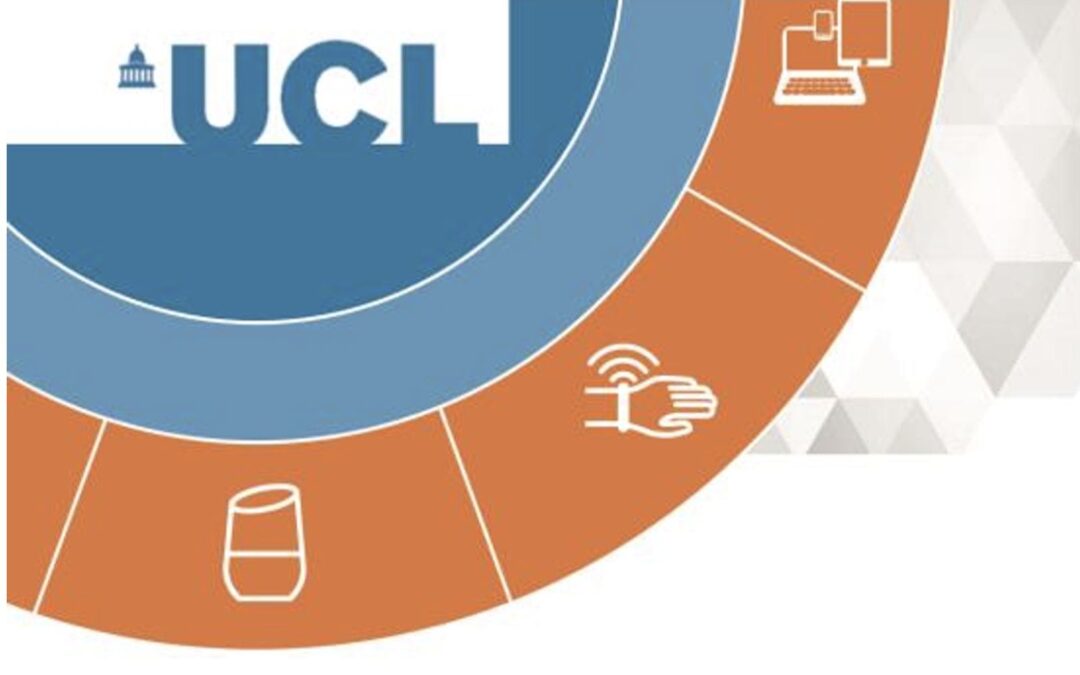
Gender and IoT (G-IoT) Resource List
This resource list is intended as supplementary material to better inform and guide victims and survivors of technology-facilitated abuse as well as those working with them.
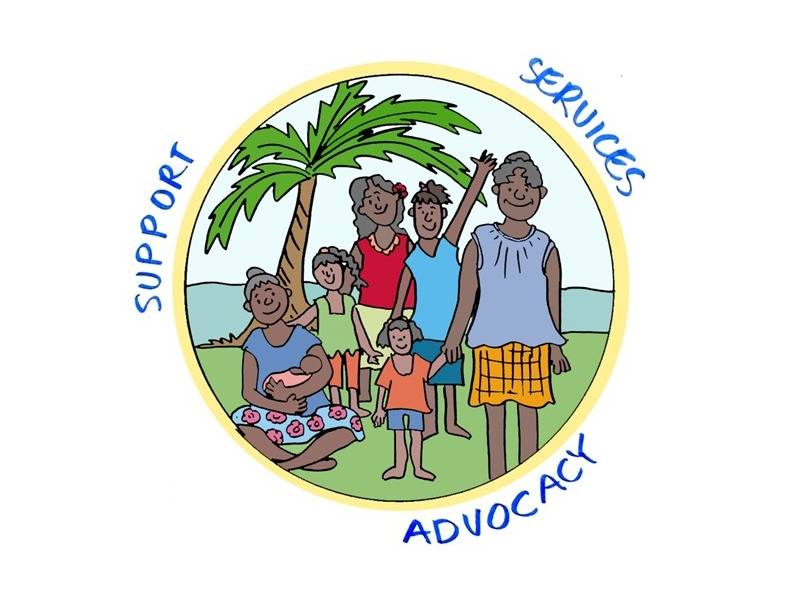
Gender-based Violence Administrative Data Toolkit
Toolkit and templates for multi-sector data collection on gender-based violence. Designed in collaboration with Pacific multi-sector organisations.
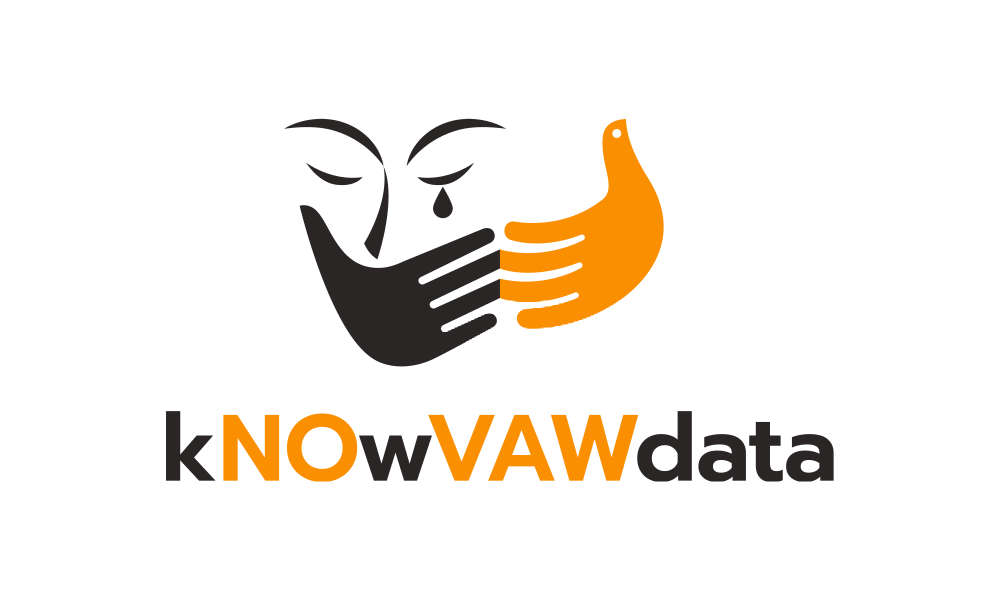
Indicators on Violence Against Women: kNOwVAWdata’s overview of the Sustainable Development Goal indicators on violence against women
kNOwVAWdata's overview of the Sustainable Development Goal indicators on violence against women
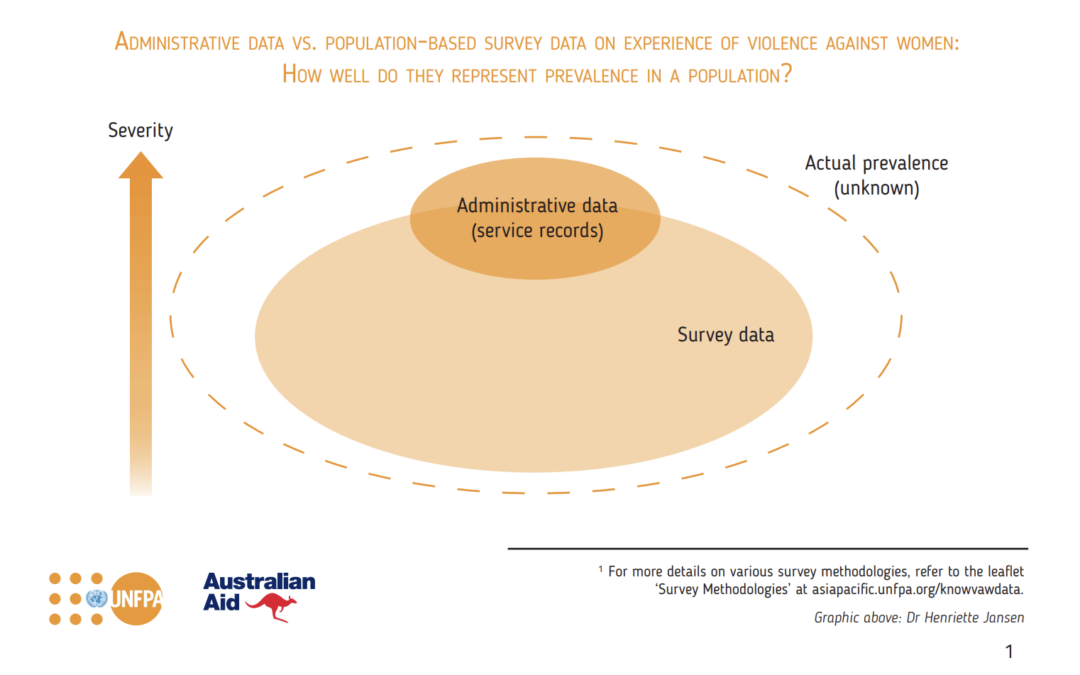
Sources of Violence Against Women Data – kNOwVAWdata
As this leaflet sets out to show, administrative data, while having their utility as a source of information on violence against women, cannot provide an estimate of the prevalence of violence against women taking place within a population.
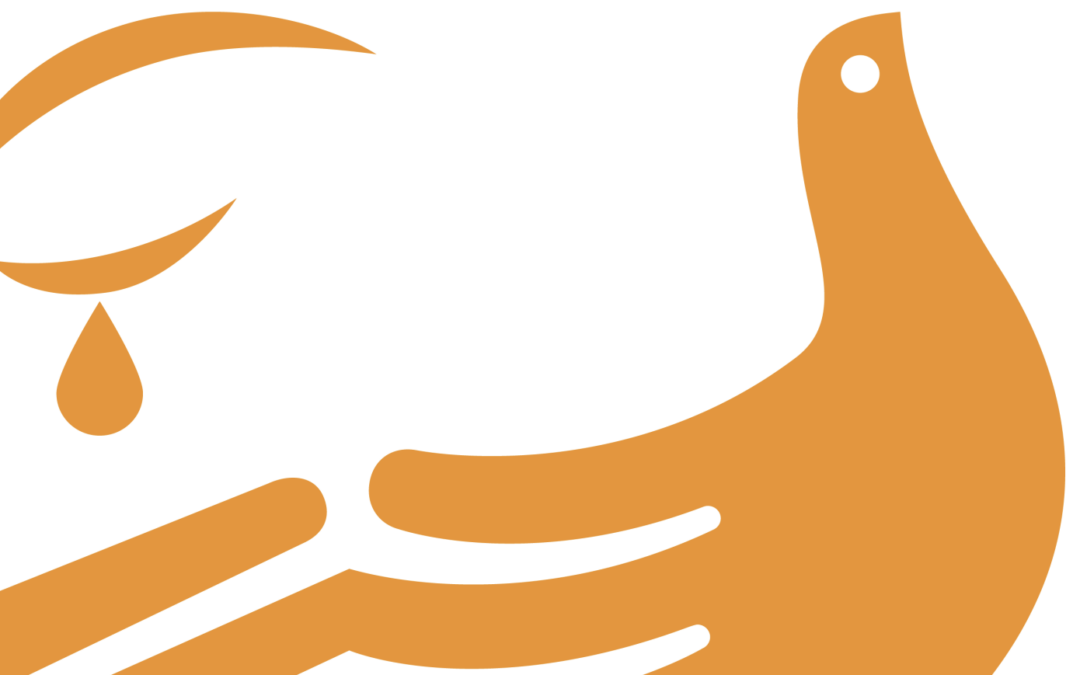
Violence Against Women Key Terminology: kNOwVAWdata’s explanation of commonly used terminology related to violence against women
kNOwVAWdata's explanation of commonly used terminology related to violence against women

Measuring the Prevalence of Violence Against Women Survey Methodologies – kNOwVAWdata Survey Methodologies
Surveys are the only way to collect data on the prevalence of violence against women (VAW) and thus to get an estimate of the magnitude of the problem in the population. There are two major approaches to collecting population-based data on violence against women using surveys; dedicated surveys or a set of questions/modules added to a large-scale survey.
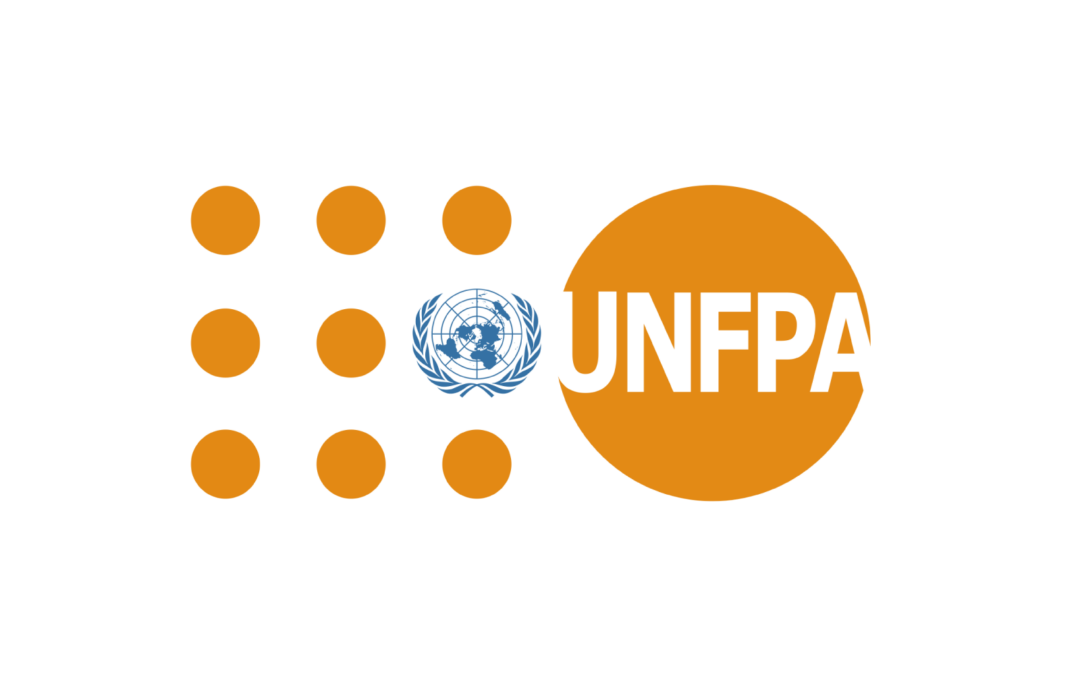
UNFPA Asia Pacific kNOwVAWdata dashboard
Data visualizations and reports from the latest national violence against women prevalence surveys in the Asia-Pacific region; Resources on violence against women data measurement, analysis and uptake; kNOwVAWdata updates; Real-life stories of the brave and compassionate individuals involved in measuring vitally important, nationally representative data on violence against women.

Population Data Portal – Towards Zero gender-based violence and harmful practices
UNFPA’s ultimate data source and tracker for population and development data. It combines the newest population data on topics like sexual and reproductive health and reproductive rights, family planning, maternal health, or gender based violence gathered from a multiple sources.
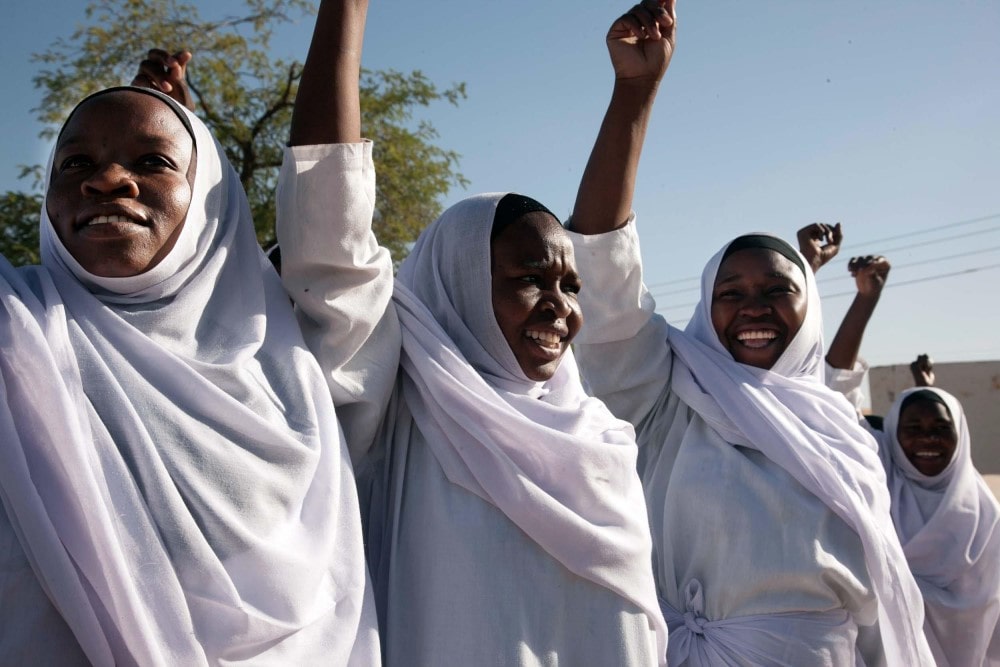
A focus on violence
The shadow pandemic: Violence against women and girls and COVID-19. Data on violence against women during the COVID-19 pandemic

Putting Women First
Ethical and Safety Recommendations for Research on Domestic Violence Against Women
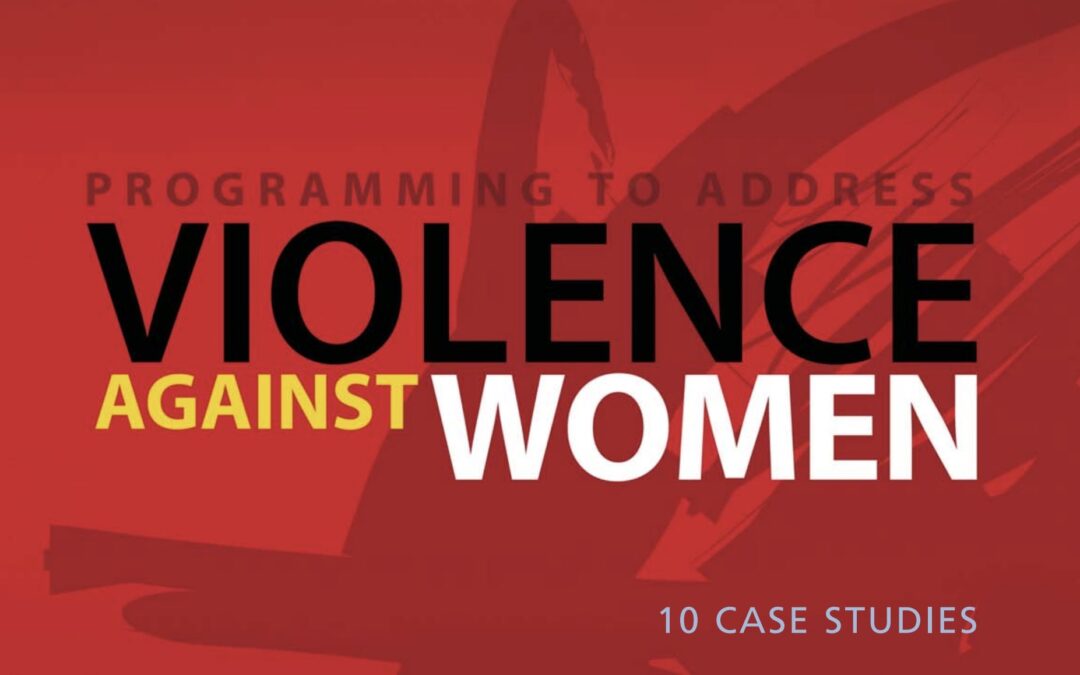
Programming to Address Violence Against Women
10 Case Studies presented in the form of lessons that were leant through projects conducted in 10 countries that set up projects to change attitudes and practices.
